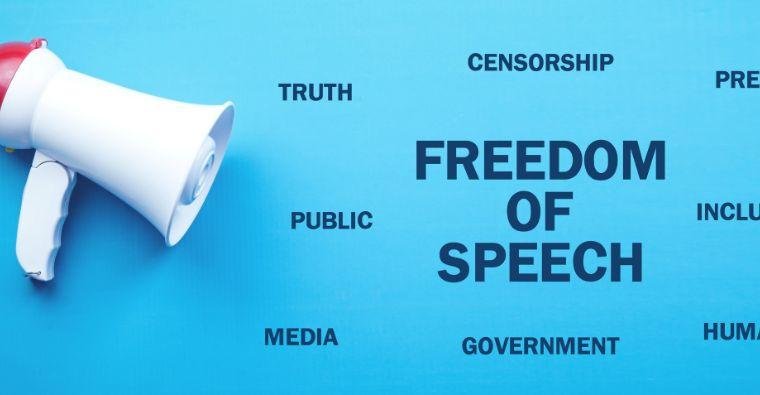
The Impact of Internet Censorship on Freedom of Speech
The internet has become an essential tool for communication, expression, and information sharing in the digital age. However, as its influence has grown, so too has the practice of internet censorship, raising significant concerns regarding freedom of speech.
Internet censorship refers to the control or suppression of what can be accessed, published, or viewed on the internet by governments, institutions, or other entities. This can manifest in various forms, including blocking websites, filtering content, and penalizing individuals for their online expressions. While proponents argue that censorship is necessary for maintaining social order and protecting citizens from harmful content, opponents claim it undermines fundamental human rights.
Historical Context
The practice of censorship is not new; it has existed in various forms throughout history. However, the advent of the internet has transformed the landscape of censorship, making it easier for authorities to impose restrictions. Early internet censorship often focused on political dissent and sensitive topics, but as social media platforms gained popularity, the scope of censorship expanded to include user-generated content and digital discourse.
Censorship and Political Control
One of the most significant impacts of internet censorship is its role in suppressing political dissent. In authoritarian regimes, governments often impose strict censorship to control narratives, stifle opposition, and prevent the spread of information that could challenge their authority. For example, countries like China and North Korea have implemented extensive censorship measures, blocking access to foreign news outlets and monitoring online activities to maintain control over public opinion.
Effects on Free Speech
Internet censorship poses a direct threat to freedom of speech, as it limits individuals' ability to express their opinions, share information, and engage in open dialogue. When users fear repercussions for their online expressions, self-censorship becomes prevalent. This chilling effect can lead to a homogenization of ideas, where only government-approved narratives prevail, stifling creativity and innovation.
Censorship in the Age of Social Media
The rise of social media platforms has complicated the dynamics of internet censorship. While these platforms provide users with unprecedented opportunities for expression, they also face pressure to regulate content. Social media companies often implement their own censorship policies to comply with government regulations and community standards. This raises questions about accountability and transparency, as decisions about what constitutes acceptable content are often made behind closed doors.
Balancing Act: Protecting Against Harmful Content
Advocates of internet censorship argue that it is essential for protecting users from harmful content, such as hate speech, misinformation, and extremist propaganda. However, the challenge lies in finding a balance between protecting individuals and preserving free speech. Overly broad censorship measures can inadvertently silence legitimate discourse and infringe on the rights of individuals to express dissenting views.
Global Perspectives on Internet Censorship
The approach to internet censorship varies significantly across countries and cultures. In democratic nations, there is generally greater emphasis on protecting free speech, though even these countries face challenges with regulating online content. For instance, discussions around hate speech laws and misinformation campaigns have led to debates about the extent to which governments should intervene in online discourse.
Emerging Technologies and Censorship
The rise of emerging technologies, such as artificial intelligence and blockchain, presents new challenges and opportunities in the realm of internet censorship. AI algorithms are increasingly used to monitor and filter content, raising concerns about bias and the potential for unjust censorship. On the other hand, blockchain technology offers decentralized alternatives that could help circumvent censorship, allowing for more transparent and secure communication.
Advocacy for Digital Rights
As concerns about internet censorship continue to grow, advocacy groups are working tirelessly to promote digital rights and defend freedom of speech. Organizations such as the Electronic Frontier Foundation (EFF) and Reporters Without Borders are at the forefront of these efforts, raising awareness about censorship abuses and pushing for legal reforms that protect online expression.
The Ongoing Debate
The impact of internet censorship on freedom of speech is a complex and multifaceted issue that continues to evolve in our increasingly digital world. As societies grapple with the balance between protecting individuals from harm and preserving the fundamental right to free expression, ongoing discussions and actions are vital. Ultimately, fostering an open and inclusive internet that allows for diverse perspectives is essential for a healthy democracy and the promotion of human rights worldwide.
Leave a comment
Your email address will not be published. Required fields are marked *


